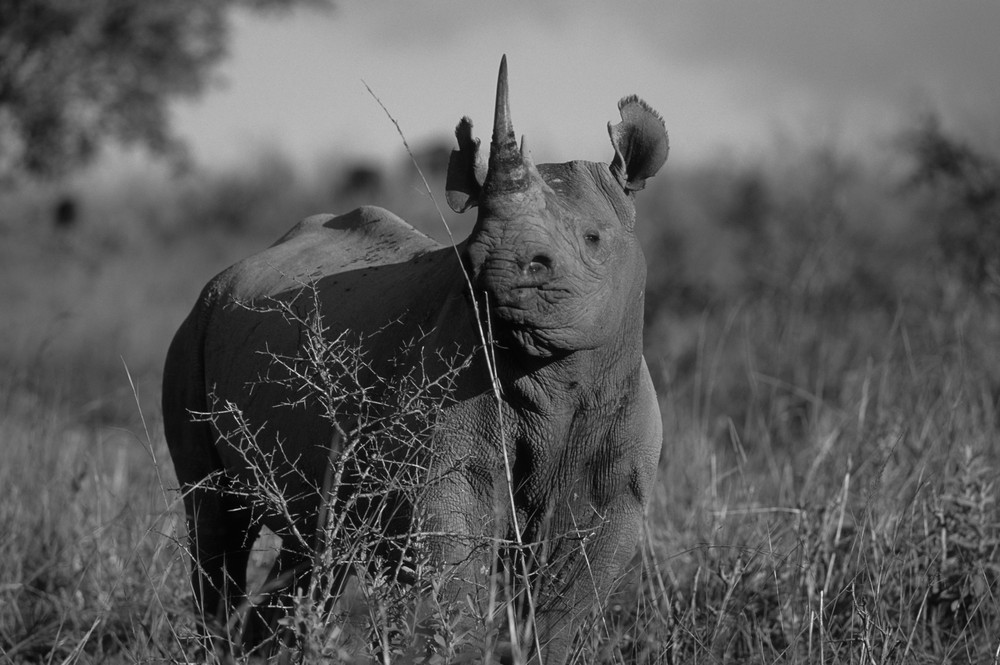This month a BBC investigation uncovered allegations of corruption throughout the court system in South Africa, thought to be helping poachers and traffickers avoid prosecution. A whistleblower, the nephew and previous assistant of a Zululand defence attorney, claimed that bribes are being paid by rhino horn kingpins and poachers to the judiciary, keeping those responsible out of reach of the law.
We welcome the news that the South African police have noted these accusations as “serious and need investigating”, and hope that full investigations are performed without interference or prejudice. But importantly, we want to see real action when it comes to prosecuting those responsible for illegal poaching – at all parts of the network.
To date, there is no minimum sentencing in South African legislation for rhino poaching, rhino horn dealing, or hunting of an endangered species. A lot of corruption would have been avoided had this been in place, especially for an iconic species at risk of extinction.
The BBC report highlights what many already know to be true – even if we can catch rhino horn traffickers, it is difficult to hold them accountable. There have been a number of instances of this, including the recent case of Dumisani Moyo in Botswana, who was originally set to be released on bail despite repeated arrests for rhino poaching. International press coverage of the case, combined with behind-the-scenes political pressure, surely helped get Moyo’s trial moved to another court and magistrate, while he remains safely locked up.
The case of Dumisani Gwala, who was arrested more than three and a half years ago (December 2014) in possession of a rhino horn in South Africa, is another that urgently needs resolution. Gwala has appeared in court more than 20 times, but his trial has been hindered by repeated delays. It was recently moved to Mtubatuba court with presiding Magistrate Zungu, a move that we hope will remove the risk of corrupt officials perverting the course of justice. Trial will finally begin on 24 November.
The issue of corruption is not one that will simply go away. Illegal wildlife traffickers are, by their nature, well-connected and well paid. But with each case comes the opportunity for legal systems to demonstrate independence and a commitment to stop not only wildlife crime, but all of the other criminal acts that often go hand-in-hand with the illegal wildlife trade: the trafficking of drugs, humans and weapons and money-laundering.
Elsewhere, media coverage of a particular case involving several alleged rhino poachers threatened to undermine law enforcement efforts, with detailed information given in a popular outlet of the techniques used to gather evidence and analyse data. Such ill-informed reporting is tantamount to publishing a ‘How to poach rhinos’ manual for criminals. And we were appalled to see the name of the intelligence analyst quoted in a national newspaper, whose personal security must be at risk.
More, responsible reporting on rhino poaching cases will increase national and international scrutiny of them. Arrest, prosecute and convict the Level 3 and Level 4 criminals, thereby breaking the chain between the Level 1 ‘shooter’ and the Level 5 importer, and we will cause maximum disruption to the criminal syndicates that are wiping out the world’s rhinos.









